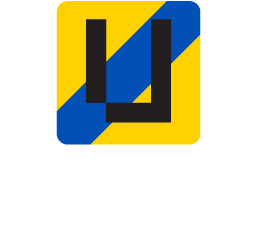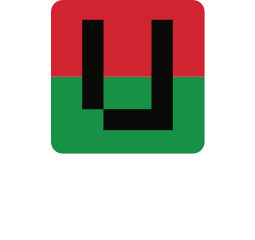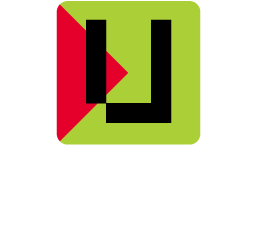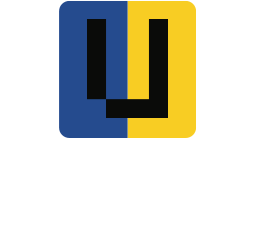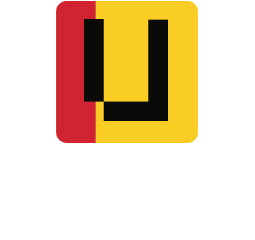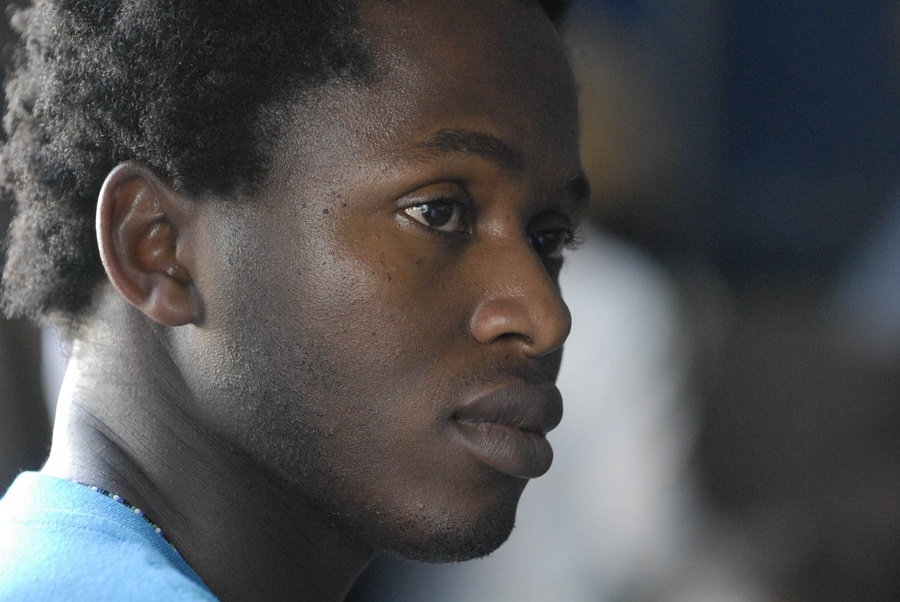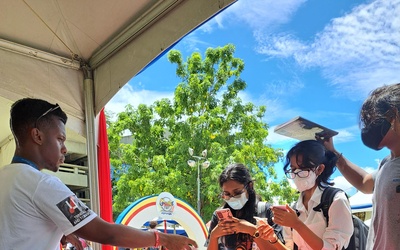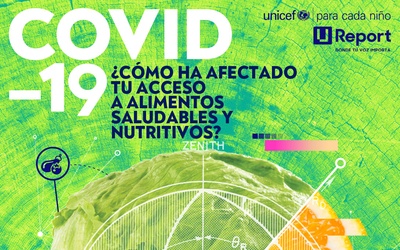Every year, a controversial story on “Hair Discrimination” surfaces on our social media platforms leaving its users either enraged or in support of the “neat hair movement”. In the Contemporary Trinidadian context, this trend has revealed that mainly persons of the African race are victims of the debate on how natural hair should be worn and styled. Despite our rich, multi-ethnic, diverse Caribbean society, various elements continue to perpetuate the notion that black hairstyles are unprofessional, contradict rules and standards of institutions, and should be “more neat”. Though some may argue it is trivial in nature, this is indeed an alarming issue deeply rooted in the negative effects of the plantation society, eurocentrism and a distortion in one’s cultural identity. This ultimately results in the question,
“Who Criminalized our Black Hair…? “
Criminalized, a harsh but increasingly appropriate term to use, as there are several accounts of the “Hair Police” targeting victims with discriminatory verbs, handcuffing them to the notion that their hairstyles are against rules and placing them before a jury to determine the consequences of having a natural black hairstyle. One notable account of the criminalisation of black hair occurred in 2016, as a Trinidadian citizen received a warning letter that equated their natural black hair style to a violation of company policy. The innocently accused faced the unjust sentence of disciplinary action with threats of termination of services upon failure to comply. Though numerous critics in response publicly condemned the company and stood in support of the victim, it appears as though our society is yet to emancipate ourselves from these Eurocentric standards and ideals.
Eurocentrism and the “criminalization” of natural black hair has unfortunately infiltrated our school system, despite the upsurge in the natural hair movement over chemically relaxed/ processed hair. This serves to be dangerous as our education system pushes to edify Caribbean students on our history which is centred on themes such as discrimination, and embracing our Caribbean identity. Yet, there are several recent accounts where students, like our ancestors are discriminated against, verbally abused, and disciplined for a characteristic of their race… the natural hair. #Hairme, the recent U-Report TT poll revealed that at least 52% of respondents have witnessed other students be victimized for their natural hair. Traditional African hairstyles namely Bantu knots, Twists, Cornrows and Sleek puffs are hairstyles that “Hair Police” argue are against school dress code and policies. However, analysis of some of these institutions’ written dress code guidelines do indeed suggest that these hairstyles do not contradict the code.
Natural black hair is one aspect of the African identity that was not and cannot be erased. It is disheartening that in the 21st century persons “pay a sentence,” and/or feel like they broke a law for a characteristic with which they were born. Though it does not hold into or look like the “average straight pony tail”, the kinks and coils are not unprofessional. Traditional natural hairstyles are not unkempt, and they do not deserve the label and image of “breaking rules.” It is therefore our job as the progressive youth of today to start the conversation on the injustice of using Eurocentric ideals as a standard measure of neatness, professionalism and appropriateness. It is also our job to speak up against hair discrimination and injustice. It is our job to prevent yet another viral hair story. It is our job to prevent someone else from being “criminalized” for their natural black hair.
You can take the #HairMe poll by clicking the messenger icon on this site, and sending the words "hair me".
Join the conversation online and share your views on the matter with the hashtag #HairMe because your #VoiceMatters
If you would like to submit a story to U-Report Trinidad and Tobago, send an email to lparkinson@unicef.org for more information.
Author Profile
A 19 year old youth leader, Chrisette Benjamin hails from Rio Claro and partners with NGO's, Youth Organisations and Corporate entities to fulfill her duties of civic engagement, youth activism and volunteerism. Often described as a role model, Chrisette has portrayed herself to be an excellent leader as she has birthed various projects centered on addressing the high poverty rates in the district Rio Claro/ Mayaro such as the I Believe In Success Education Project. Chrisette is currently a student at UWI, St Augustine pursuing a BSC in International Relations (Special) minoring in Social Policy Planning and Development. She also serves as the UWI Guild Deputy Vice President (Special Projects) 2019/2020.
Photo credits:
- in text: UNICEF Eastern Caribbean
- cover photo: UNICEF/UNI28113/Markisz





